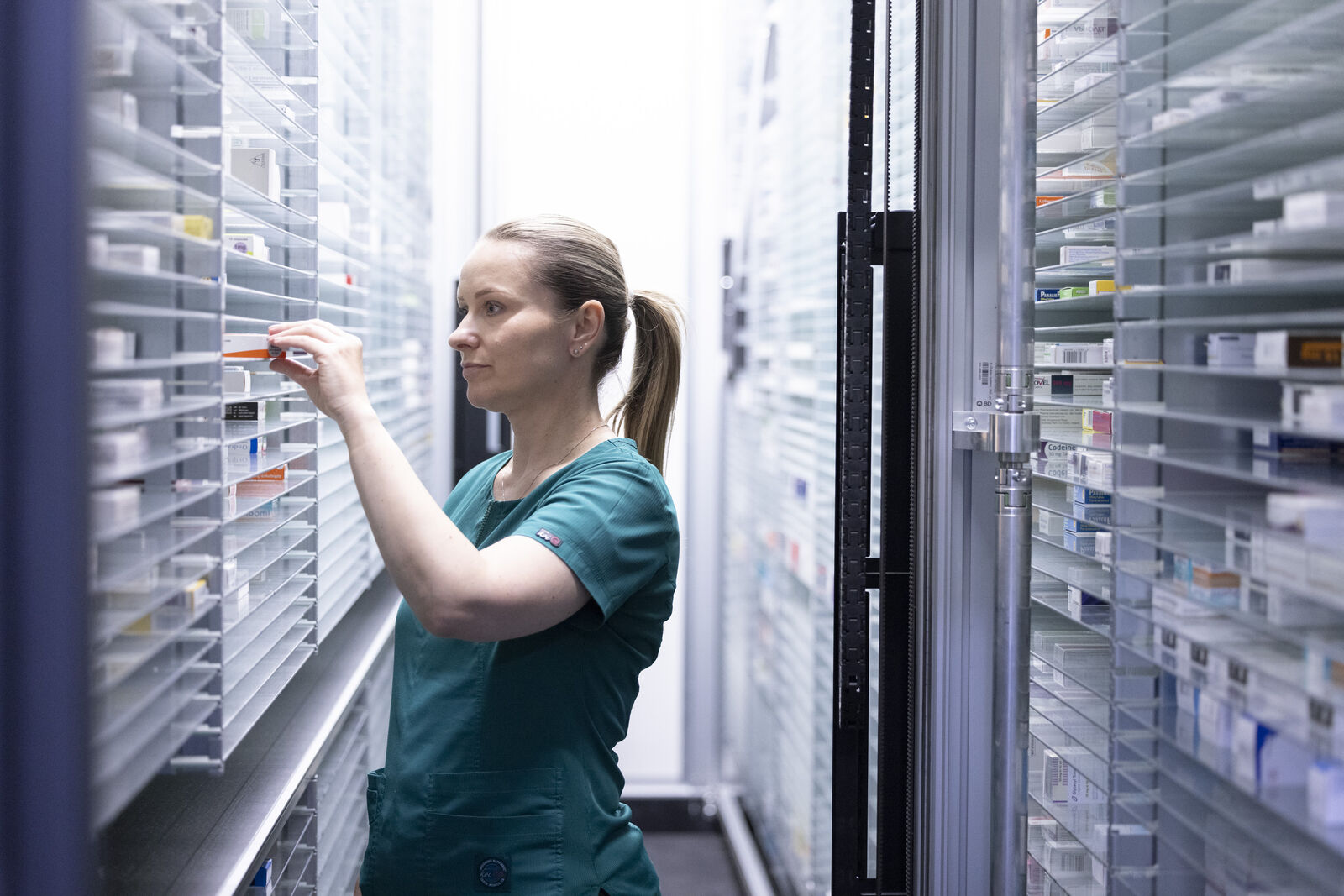A pharmacist is a healthcare professional with expertise in the science of medicines, who applies clinical knowledge and professional skills to ensure the appropriate, safe use of medicines in a clinical setting, along with managing the supply of medicines and medicine information.
To qualify as a Pharmacist in Ireland, you must successfully complete a Master of Pharmacy (MPharm) degree that is accredited by the Pharmaceutical Society of Ireland (PSI). The qualification for practice as a pharmacist is a 5-year programme with a strong clinical focus including a 4 month placement in 4th year and an 8 month placement in 5th year.
Several universities offer accredited MPharm programmes, including Trinity College Dublin , University College Cork , The Royal College of Surgeons (RCSI), The University of Galway and Atlantic Technological University, Sligo.
If your qualifications was obtained outside Ireland, please visit the PSI registration page for more information on qualification recognition.




